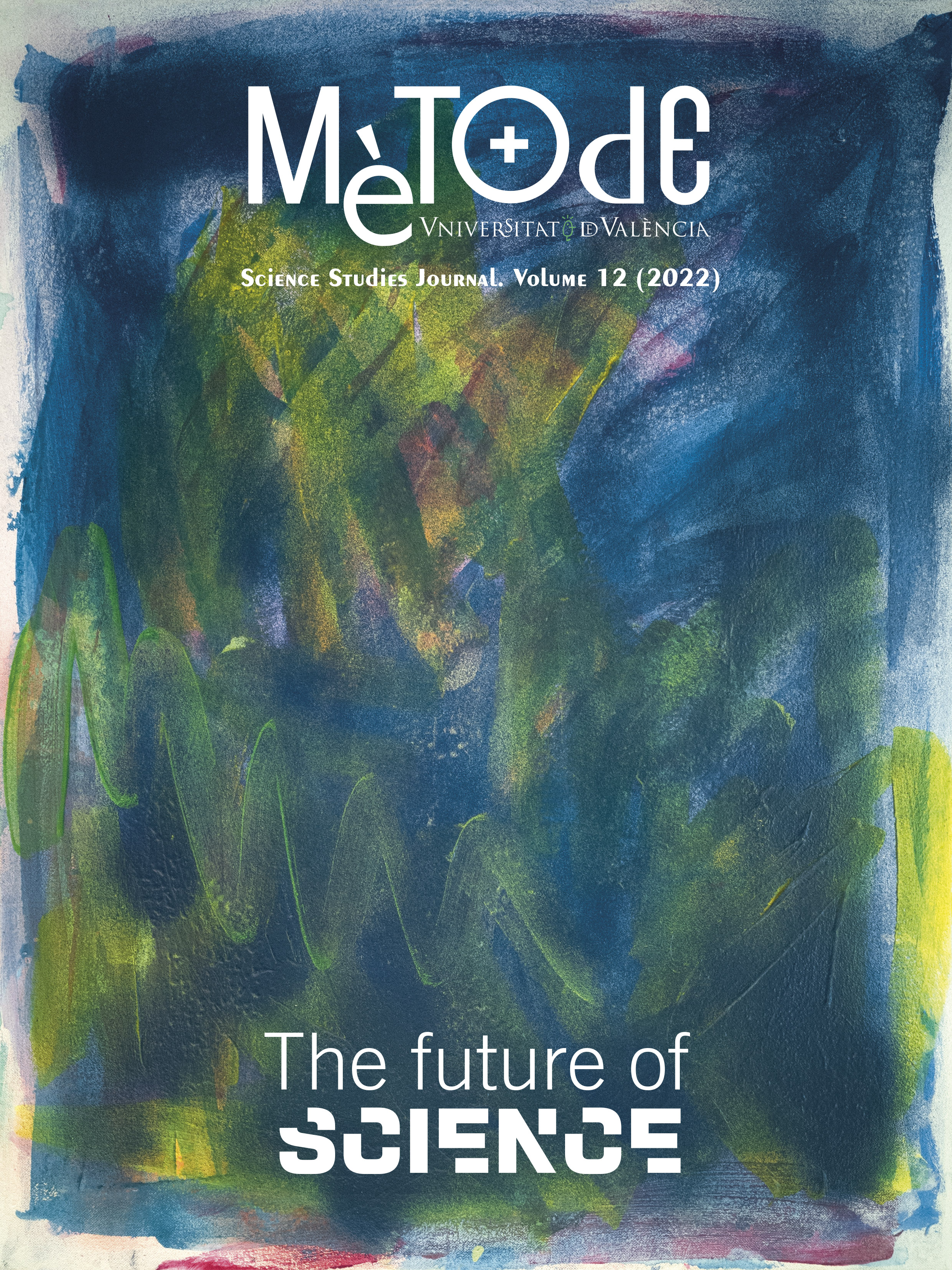Editorial
DOI:
https://doi.org/10.7203/metode.12.23736 Resumen
Resumen
The last two years have undoubtedly been marked by the COVID-19 pandemic. While 2020 was the year in which we discovered SARS-CoV-2 and its consequences for human heath, economy, and our way of life in general, 2021 was the year of the vaccines. We have now started a more hopeful 2022, precisely because of the positive impact of the vaccination effort. Vaccination has also evidenced a two-fold duality: on the one hand, between the countries that have had access to the vaccine and those where it is not yet accessible. This has highlighted the lack of solidarity in a world where local events lead to global consequences. On the other hand, however, we have also witnessed an internal duality in countries that have monopolised vaccination resources: among those who had access to vaccines, anti-vaccination and anti-science movements have emerged that have undermined vaccination effectiveness. Hence, while in Spain more than 80 % of the population has received the COVID vaccine (with percentages close to 100 % among the elderly and other groups most vulnerable to the disease), in the USA and other European countries, reluctance to vaccinate has led to the governmental vaccination plans stalling. This paradox has meant that countries with large reserves of vaccines still have high percentages of unvaccinated citizens, while in some parts of the world vaccination coverage is still below 3 %.
 Descargas
Descargas
Descargas
Publicado
Cómo citar
-
Resumen567
-
PDF 766
Número
Sección
Licencia
![]()
Todos los documentos incluidos en OJS son de acceso libre y propiedad de sus autores.
Los autores que publican en esta revista están de acuerdo con los siguientes términos:
- Los autores conservan los derechos de autor y garantizan a Metode Science Studies Journal el derecho a la primera publicación del trabajo, licenciado bajo una licencia de Creative Commons Reconocimiento-NoComercial-SinObraDerivada 4.0 Internacional, que permite a otros compartir el trabajo con un reconocimiento de la autoría del trabajo y citando la publicación inicial en esta revista.
- Se permite y se anima a los autores a difundir sus trabajos electrónicamente a través de páginas personales e institucionales (repositorios institucionales, páginas web personales o perfiles a redes profesionales o académicas) una vez publicado el trabajo.





